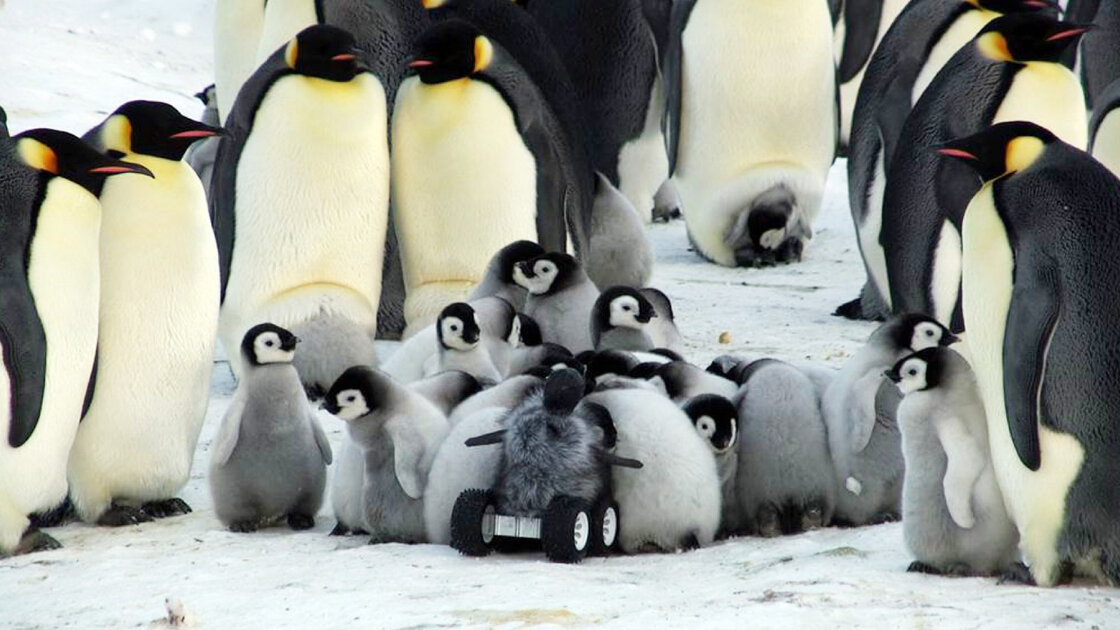Keynote Speaker: Dr. Lev Manovich
The Department of Modern Languages and Literatures at the University of Miami is pleased to announce its annual graduate student conference, “Born-Digital: Reformatting Humanities in the 21st Century” to be held March 20-21, 2015. This conference is sponsored by The Joseph Carter Memorial Fund.
In Born-Digital: Understanding the First Generation of Digital Natives (2008), John Palfrey and Urs Gasser explore how the proliferation of new technologies informs the perceived realities of “digital natives” (those born in the digital age) and the “digital immigrants” who have experienced the movement toward digitization during their lifetime.
Differences among members of these groups include, for example, how they express their identities in real and virtual spaces, how they perceive their level of connectedness to others, and how they express themselves creatively. Comprising both “native” and “immigrant” scholars and students, the digital humanities are a key field in which these differences play out–an already digital (born-digital) phenomenon as well as a field undergoing digitization.
This conference considers how humanities are already digital, the purposes of digitizing the humanities, how “natives” and “immigrants” can work together to deepen our understanding of the human experience, and the advantages and challenges that digital efforts create for scholarship and teaching. What key debates and in-novative projects do the digital humanities foster?
Seeking to provide a platform for new research as well as introduction to the digital humanities for conference attendees, we encourage papers that consider topics from a variety of disciplines and theoretical approaches. University of Miami is particularly interested in papers that consider the digital humanities (DH) from an international perspective.
Potential areas of inquiry include:
- DH and media
- DH and the arts
- DH and computer-based applications
- DH and data mining
- DH and peer to peer applications Multicultural and multilingual areas of DH DH and pedadogy
- DH and crowdsourcing
- DH and social justice
- DH and cultural mapping
- DH and gender studies
- DH and race
Applicants are invited to submit proposals in English, French, Portuguese, or Spanish.
Proposals should include an abstract of 200 words, the author’s name, a short bio, and institutional affiliation. Please submit abstracts via e-mail to borndigital2015@gmail.com.
The keynote lecture featuring Dr. Manovich will be free and open to the public. Dr. Manovich will also lead a workshop, but this will require prior registration by participants.
Important Dates:
December 1st, 2014: Abstract Submission Deadline
January 1st, 2015: Notification of Acceptance
For more information, please visit:
http://borndigital2015.wordpress.com
https://www.facebook.com/BornDigital2015
https://twitter.com/BornDigital2015





